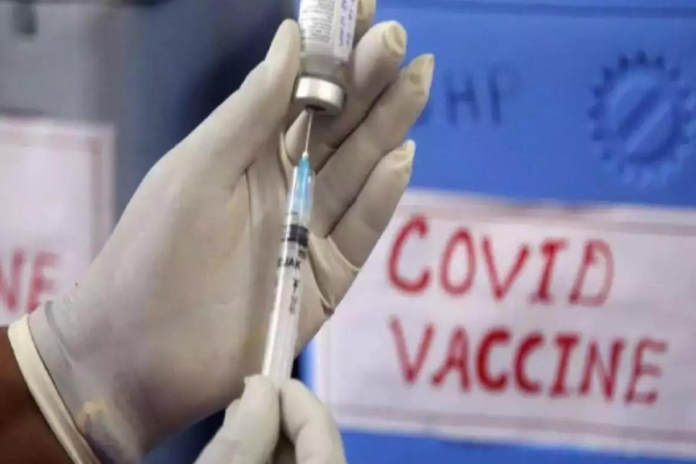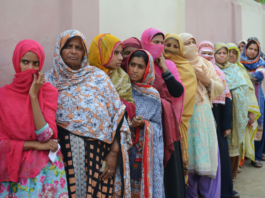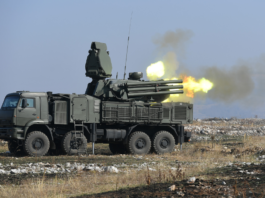
A new COVID vaccine is scheduled to be released next month, but analysts and health professionals predict that it will likely be met with scepticism even as hospitalisations from “Eris,” a coronavirus variant of the Omicron form, surge across the United States (US).
According to some public health professionals, Americans should embrace the new shot just like they would a flu shot. However, after the vaccine became widely accessible in 2021 and more than 240 million Americans, or 73% of the population, had at least one injection, demand for the vaccine has significantly decreased.
Less than 50 million individuals received the doses in the fall of 2022, by which time the majority of people had either the COVID virus or the vaccination.
Healthcare providers and pharmacies such as CVS Health (CVS.N) will start next month to offer the shot, updated to fight the Omicron version of the virus that has been dominant since last year.
COVID-19 vaccine manufacturers have reduced their expectations for the immunisation campaign this autumn, and Pfizer, the largest producer of mRNA vaccines with BioNTech, recently warned that, if things don’t go well, it might be necessary to lay off employees. The company’s main rival, Moderna, acknowledged that demand might only be for 50 million doses.
Sales of vaccines from Pfizer and Moderna exceeded $56 billion last year; analysts anticipate $20 billion this year.
The government has largely turned over responsibility for immunising Americans to the private sector after the COVID public health emergency ended in May. The U.S. Centres for Disease Control and Prevention (CDC) estimates that over 1.1 million Americans have passed away from COVID.
The shots, which still need to be approved by the US Food and Drug Administration and recommended by the CDC, are anticipated to be implemented in the third or fourth week of September, according to CDC Director Mandy Cohen, who stated this last week in a podcast. She advocated that Americans see these doses in the same way they view the annual flu shot: as a preventative measure.
The COVID vaccine has been modified by Pfizer (PFE.N)/BioNTech SE (22UAy.DE), Moderna (MRNA.O), and Novavax (NVAX.O) to try to match the variety they anticipate will be in circulation this autumn. The target of the bullets is XBB.1.5, which is a subvariant related to EG.5 and a sublineage of the still dominating Omicron variant.
COVID-According to CDC statistics, 19 associated hospitalisations are more than 40% higher than recent lows seen in June but are still more than 90% below peak levels reached during the January 2022 Omicron outbreak.
The elderly and other high-risk individuals should receive annual doses, according to some experts, as they are more likely to suffer severe consequences from COVID-19.
Dr. William Schaffner, an infectious diseases specialist at Vanderbilt University and a liaison to the CDC’s Advisory Committee on Immunization practices, said it is possible that the ACIP could make a weaker recommendation for younger, healthier people. That could also affect demand.
For those 6 and older, the CDC advised giving children one dose of the revised vaccine from the previous year.
According to research he has published, patients who are boosted experience fewer severe symptoms for a shorter period of time, according to Dr. David Boulware, an infectious diseases expert at the University of Minnesota.
Even if you do get sick, being boosted is going to be the greatest way to achieve it, he stated, when considering how to shorten the length of your illness.



